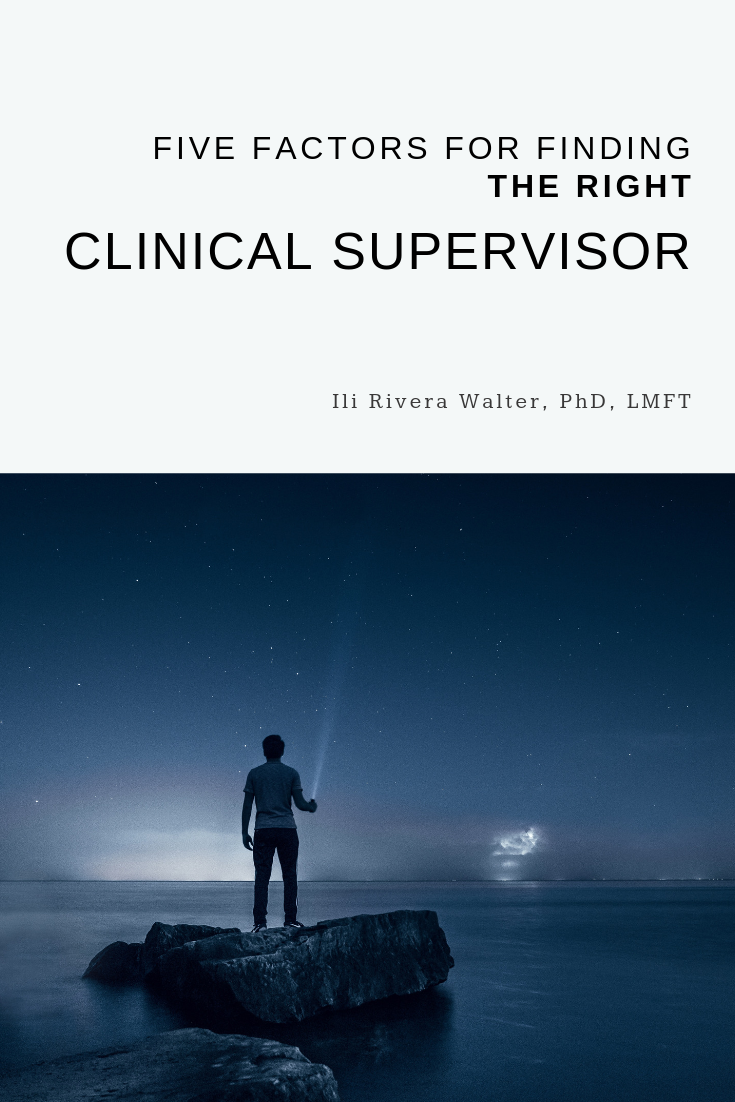As therapists, we often work with clients that are connected to a variety of systems, and those systems also become our extended working environments (or additional “customers”). The consideration of these extended environments set systemic practice apart from individually-oriented practice. It also contributes to the possibility of therapists losing track of what’s most important for clients, due to external systems representing varied, and sometimes competing, interests. Furthermore, all the information (a.k.a. “content”) that comes with working from an inclusive, systemic lens can obscure a clear clinical focus.
Read more5 Essential Skills for Beginning Marriage and Family Therapists
When you’re starting your work as a therapist, whether during graduate training or as a brand-new master’s-level therapist, it’s natural to feel anxious and unprepared at times (or all the time!). You’ve spent several years learning a ton of information, and now you, naturally, want it to all make sense, so that you can do effective therapy.
Well, there’s good news: You've learned and assimilated a lot more than you think, and it will "show up" when you need it.
There are a few simple verbal skills that can guide your initial work as a beginning therapist; mastering these is a much better use of your time than worrying about using a theory perfectly or finding the right intervention.
Read more5 Quick + Easy Ways to Build Your Therapy Skills
Building therapy skills is an ever-present need that requires ongoing effort, for most therapists. The problem is, there is an unlimited amount of things to learn and a very limited amount of time. This means that you must be proactive and specific about building your therapy skills, in order to get the most from your investment..
Below, I review five quick and easy ways to build your therapy skills without having to buy products, attend trainings, or spend a ton of time or money.
Read more5 Factors for Finding The Right Clinical Supervisor
As a recent therapy or counseling graduate, one of your first and most important tasks is to choose a clinical supervisor. It is a decision that will have a felt impact on your present and future career, because your supervisor will influence your ability to get licensed, what you learn while accumulating clinical hours, and, most likely, your professional plans.
Read more



